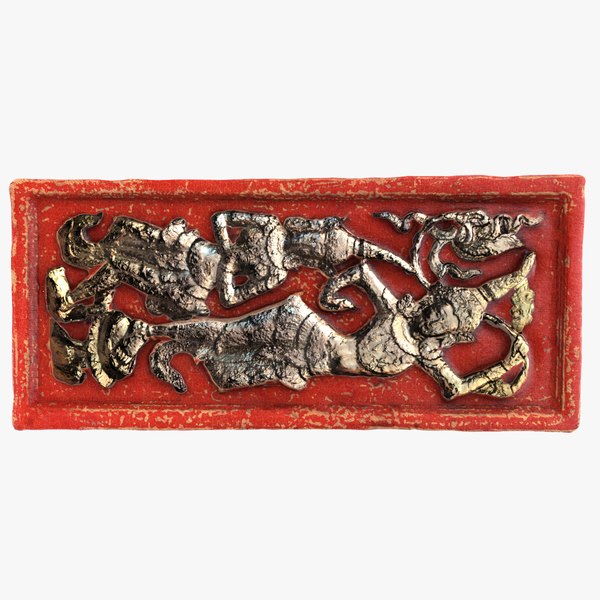6 Secret Things you Did not Learn about Rehabs Thailand
작성일 23-12-31 09:48
페이지 정보
작성자Weldon 조회 7회 댓글 0건본문
 Introduction:
Introduction:Alcohol detachment is a condition which occurs when people suddenly stop or considerably decrease their alcohol intake after extended times of heavy-drinking. It's a complex and possibly life-threatening problem that impacts many people globally. This report is designed to offer a comprehensive breakdown of alcohol detachment, including its symptoms, treatment options, and management techniques.
Apparent symptoms of Alcohol Withdrawal:
The onset and extent of liquor withdrawal symptoms differ among people, according to facets for instance the quantity and length of drinking and a person's overall health. Typical observable symptoms include tremors, anxiety, frustration, nausea, vomiting, insomnia, increased heart rate, and sweating. In severe instances, people may go through hallucinations, seizures, or delirium tremens (DTs), a potentially fatal condition characterized by agitation, confusion, hallucinations, and fluctuating quantities of awareness.
Treatment Options:
Whenever working with alcohol withdrawal, it is very important to look for health assistance and assistance. The main goal of treatment is to safely manage withdrawal signs, prevent complications, and facilitate the change to sobriety. Medical experts can assess the extent of signs and determine the appropriate degree of care. In mild instances, outpatient therapy might be administered, while worse situations may need hospitalization.
Medicines popular in alcohol detachment treatment include benzodiazepines, which help decrease anxiety, relieve signs, and steer clear of seizures. Various other medicines such as for example antipsychotics, anticonvulsants, and beta-blockers are used to handle certain symptoms or co-occurring conditions. Furthermore, nutritional vitamins, specially thiamine (vitamin B1), tend to be prescribed to avoid or treat potential inadequacies associated with exorbitant alcohol Detox thailand consumption.
Management Strategies:
As well as medical interventions, various methods can be used to handle alcohol detachment successfully.
1. Supportive Care: Providing a supportive environment promotes a feeling of protection and comfort. Including guaranteeing proper nutrition, moisture, and remainder, in addition to monitoring essential indications and addressing any health problems which will happen during withdrawal.
2. Psychotherapy: Seeking psychological state support, such as for example counseling or psychotherapy, can play a vital role in dealing with fundamental emotional or emotional problems that subscribe to liquor dependency. These interventions assist people develop coping strategies, manage causes, and establish healthier options to alcohol.
3. Rehabilitation tools: doing rehab programs, such as for example inpatient or outpatient centers, provides a structured and supporting environment for people searching for long-lasting recovery. These programs frequently combine health treatments, counseling, and peer assistance to handle the physical, psychological, and personal areas of liquor addiction.
4. Follow-up Care: After completing preliminary detox and treatment, individuals should continue to seek continuous care. This may include taking part in organizations, going to regular therapy sessions, and receiving follow-up evaluations assuring proper actual and mental health.
 Summary:
Summary:Alcohol withdrawal is a challenging condition that will require medical assistance and comprehensive support. Understanding the signs, treatment options, and management methods can considerably help with assisting individuals safely navigate the detachment process and attain long-lasting recovery. By giving appropriate treatment and resources, we are able to improve outcomes for many seeking to overcome alcoholic beverages addiction.

댓글목록
등록된 댓글이 없습니다.

